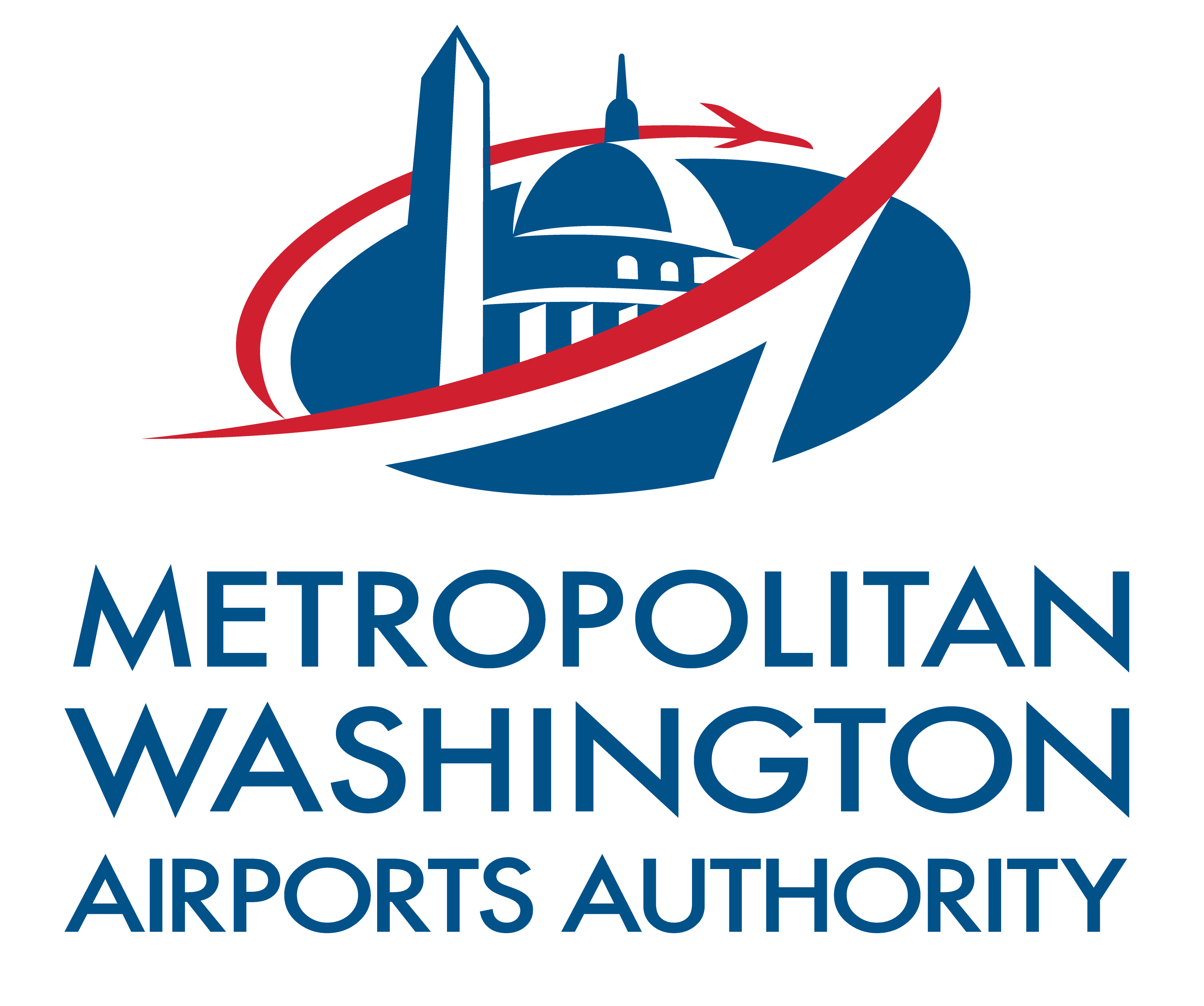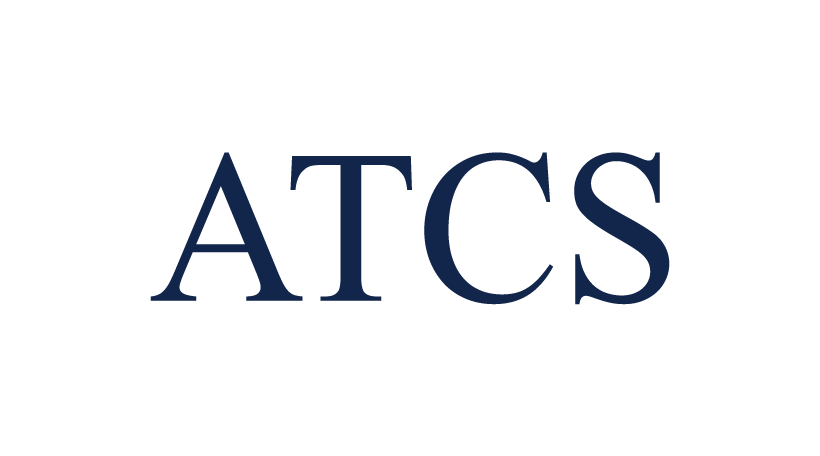Sustainability DC, Washington, DC
Department of the Mayor's Office
The Sustainable DC Program was initially launched in July 2011 by the Washington, DC Office of the Mayor. Sustainable DC is the District of Columbia’s major planning effort to make DC the most sustainable city in the nation. Led by the Department of Energy & Environment and the Office of Planning, it is a collaborative effort involving the input and participation of thousands of members of the District community. The Sustainable DC implementation plan lays out the challenges Washington, DC is facing: creating jobs and economic growth, improving health and wellness, increasing equity and opportunity, and preserving and protecting our environment in the face of a changing climate. This plan also provides solutions in the areas of built environment, energy, food, nature, transportation, waste, and water. Based on broad public input, forward-thinking agencies, and best practices from around the globe, this plan offers more than 100 specific actions to deliver results for Washington, DC.
Since it's launch, more than 300 LEED certified projects have been completed in Washington, DC with another 700 in the planning and design stage. The City Government has announced plans to adopt a new green building code that will dramatically reduce the future environmental footprint of our built environment. Across the city, residents and businesses have installed more than 750 solar energy systems and the District government now purchases 100% green electric power. With more capital investment in park land per capita than any other city in the country, the District has nearly 7,500 acres of parks and open space. The city is connected by a robust 56 miles of bike lanes and 55 additional miles of trails. On Aug 31, 2017, largely due in part to the Sustainable DC Program, Washington, DC was named the first LEED for Cities Platinum city in the world by the U.S. Green Building Council (USGBC). Washington, DC’s LEED Platinum certification recognizes the outcomes, rather than intent, of the city’s leadership in creating a sustainable and resilient built environment, which includes: reducing greenhouse gas emissions, supporting clean energy innovation, and focusing on inclusive prosperity and livability in all eight wards.
- Green Power Purchasing
- Renewable Portfolio Standards
- Energy Star Benchmarking
- Live Well DC
- Blue Plains Advanced Wastewater Treatment Plant Retrofits
- Green Building Act
- Healthy Corner Store Program
- Weatherization Programs
- Anacostia Waterfront Initiative
- Disposable Bag Law - (60% reduction in bags found in river)
- Healthy Schools Act
The Sustainable DC implementation plan focuses on creating jobs and economic growth, improving health and wellness, increasing equity and opportunity, and preserving and protecting our environment in the face of a changing climate. This plan also provides solutions in the areas of built environment, energy, food, nature, transportation, waste, and water. Based on broad public input, forward-thinking agencies, and best practices from around the globe, this plan offers more than 100 specific actions to deliver results for Washington, DC.
- Major initiatives include the following:
- Green Power Purchasing
- Renewable Portfolio Standards
- Energy Star Benchmarking
- Live Well DC
- Blue Plains Advanced Wastewater Treatment Plant Retrofits
- Green Building Act
- Healthy Corner Store Program
- Weatherization Programs
- Anacostia Waterfront Initiative
- Disposable Bag Law - (60% reduction in bags found in river)
- Healthy Schools Act
The committee wanted to recognize the program not only as model of large scale coordinated outcome based sustainable planning and implementation, but also as recognition of everyone in the Washington, DC design and construction community who together with the government and community groups over the past several decades have incorporated sustainable principles into Washington, DC designs and plans. ASCE defines sustainability as a set of environmental, economic, and social conditions - the "Triple Bottom Line" - in which all of society has the capacity and opportunity to maintain and improve its quality of life indefinitely, without degrading the quantity, quality or the availability of natural, economic, and social resources. The ASCE National Capital Section is proud to present our 2018 Award for Sustainable Project or Program of the Year to the Sustainable DC Program, initially launched in July 2011 by the Washington, DC Office of the Mayor. Sustainable DC and led by the Department of Energy & Environment and the Office of Planning. The Sustainable DC Program is a collaborative effort involving the input and participation of thousands of members of the District community. It is the continued and consistent efforts at the heart of the program with significant positive measurable outcomes that got the committee’s attention. Accepting the award on behalf the District of Columbia Government is Kate Judson, Sustainability Program Analyst with the Washington, DC Department of Energy and Environment and Stephen Gyor of the Washington, DC Office of Planning.







